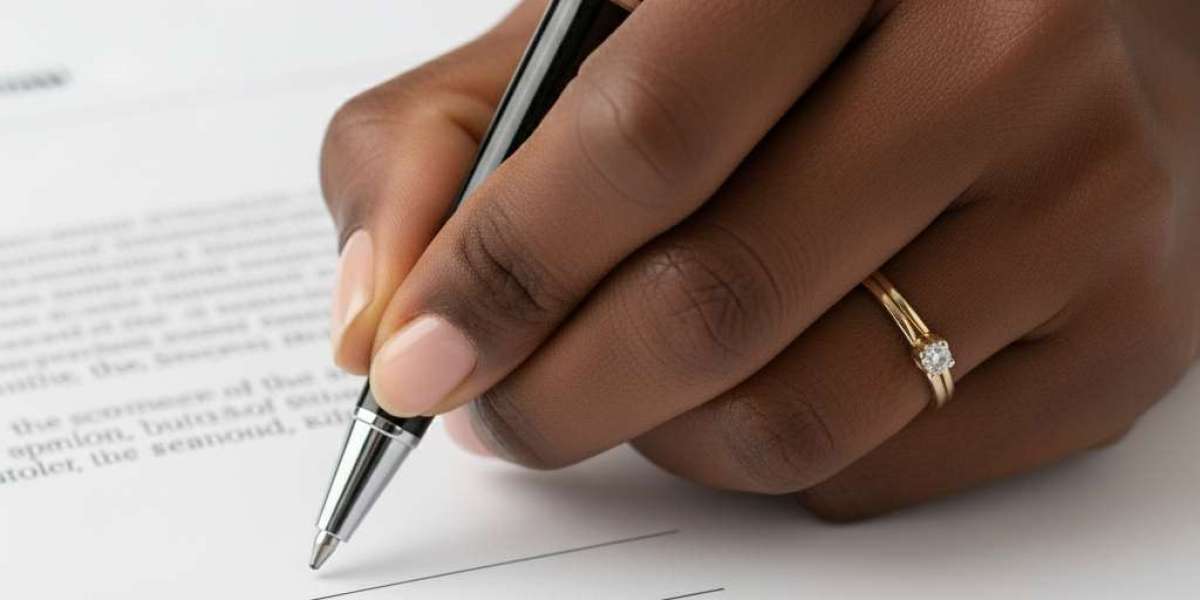The question of what happens to a woman’s surname after marriage is one debate that refuses to disappear. In recent weeks, the gist cycle lit up again after Temi Otedola, a fashion entrepreneur and daughter of billionaire Femi Otedola, updated her surname to “Ajibade” following her wedding to Afrobeats star Mr Eazi. For some, it was a sweet sign of unity; for others, it triggered fresh arguments about identity, culture, and tradition.
Marriage comes with many beautiful things: companionship, partnership, and a blending of lives. But should a woman drop her surname and adopt her husband’s, or should she keep the name she’s always had?
This week, the conversation flared up, with thousands weighing in. Those in support of women keeping their surnames argue that names carry deep identity. They believe a surname is not just a family marker, but a personal anchor, the one thing a woman can truly call her own. For many, maintaining their surname is a way to hold on to their individuality even as they step into marriage. Some even said it’s “the only thing they have left” that fully reflects who they are.
On Nigerian Twitter, women shared their personal takes. One user, Rachelle, revealed she kept her family name for four years after marriage and faced no setbacks, insisting: “My name is my identity and I would not change it for any reason.” Others chimed in with mixed views, saying they’d only switch if the new surname “sounded nicer,” while some admitted they felt too attached to their original names to ever give them up.
On the other side, traditional voices insist that taking a husband’s surname symbolizes unity, respect, and the start of a new family line. They see it as a continuation of culture and legacy, where two people truly become one under a single name. For them, refusing to change surnames feels like breaking away from long-standing values.
Between these two positions lies a middle ground: some couples now choose to hyphenate their surnames or create a blended one, allowing both identities to coexist. Though not as common, this compromise reflects how modern marriages are reimagining tradition in real-time.
The conversation also opened up cultural history lessons. Some argued that African societies didn’t originally use surnames in the way colonial systems introduced them, meaning the tradition of name-switching after marriage isn’t even as “native” as people assume. On the flip side, many Nigerians still see name changes as a natural extension of tradition, a public statement of family unity, and in some cases, a religious expectation.
Globally, the debate isn’t new. In Japan, the law forces married couples to share the same surname, almost always the husband’s, a rule many women now describe as outdated. Meanwhile, in countries like France, women legally retain their birth names regardless of marriage. History also remembers the “Lucy Stoners” of 1920s America, women who refused to give up their maiden names and were ridiculed for it, but later celebrated as pioneers of identity rights.
Beyond culture, one thing is clear, this is more than just about names. It’s about how today’s women are negotiating identity, equality, and cultural expectations in a changing world, and practical reasons play a role. Many women choose to keep their names for professional recognition, to avoid the stress of changing documents, or simply to hold on to family heritage. On the other hand, some embrace their partner’s surname as an act of love, or to make family identities more streamlined when children come into the picture.
What Temi Otedola’s name update showed is simple: this debate isn’t going away anytime soon. For every woman who sees changing her surname as tradition, there’s another who sees keeping hers as freedom. And in 2025, with identity, branding, and personal choice more visible than ever, the decision is deeply personal.








